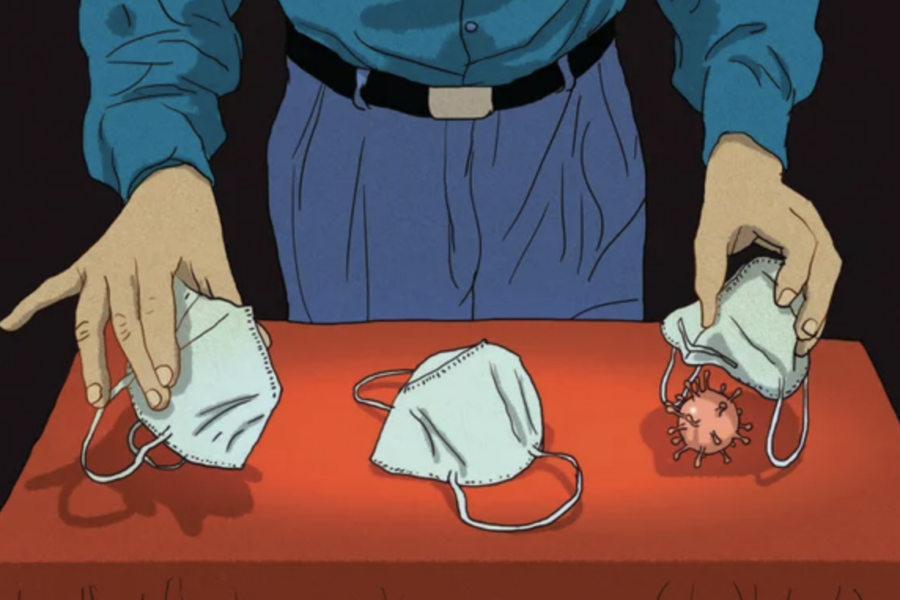The Cochrane Library, a trusted source of health information, misled the public by prioritizing rigor over reality.
The COVID-19 pandemic is ongoing, but in May officials ended its designation as a public health emergency. So it’s now fair to ask if all our efforts to slow the spread of the disease—from masking, to hand washing, to working from home—were worth it. One group of scientists has seriously muddied the waters with a report that gave the false impression that masking didn’t help.
The group’s report was published by Cochrane, an organization that collects databases and periodically issues “systematic” reviews of scientific evidence relevant to health care. This year it published a paper addressing the efficacy of physical interventions to slow the spread of respiratory illness such as COVID. The authors determined that wearing surgical masks “probably makes little or no difference” and that the value of N95 masks is “very uncertain.”
The media reduced these statements to the claim that masks did not work. Under a headline proclaiming “The Mask Mandates Did Nothing,” New York Times columnist Bret Stephens wrote that “the mainstream experts and pundits … were wrong” and demanded that they apologize for the unnecessary bother they had caused. Other headlines and comments declared that “Masks Still Don’t Work,” that the evidence for masks was “Approximately Zero,” that “Face Masks Made ‘Little to No Difference,’” and even that “12 Research Studies Prove Masks Didn’t Work.”
Karla Soares-Weiser, the Cochrane Library’s editor in chief, objected to such characterizations of the review. The report had not concluded that “masks don’t work,” she insisted. Rather the review of studies of masking concluded that the “results were inconclusive.”
In fairness to the Cochrane Library, the report did make clear that its conclusions were about the quality and capaciousness of available evidence, which the authors felt were insufficient to prove that masking was effective. It was “uncertain whether wearing [surgical] masks or N95/P2 respirators helps to slow the spread of respiratory viruses.” Still, the authors were also uncertain about that uncertainty, stating that their confidence in their conclusion was “low to moderate.” You can see why the average person could be confused.
